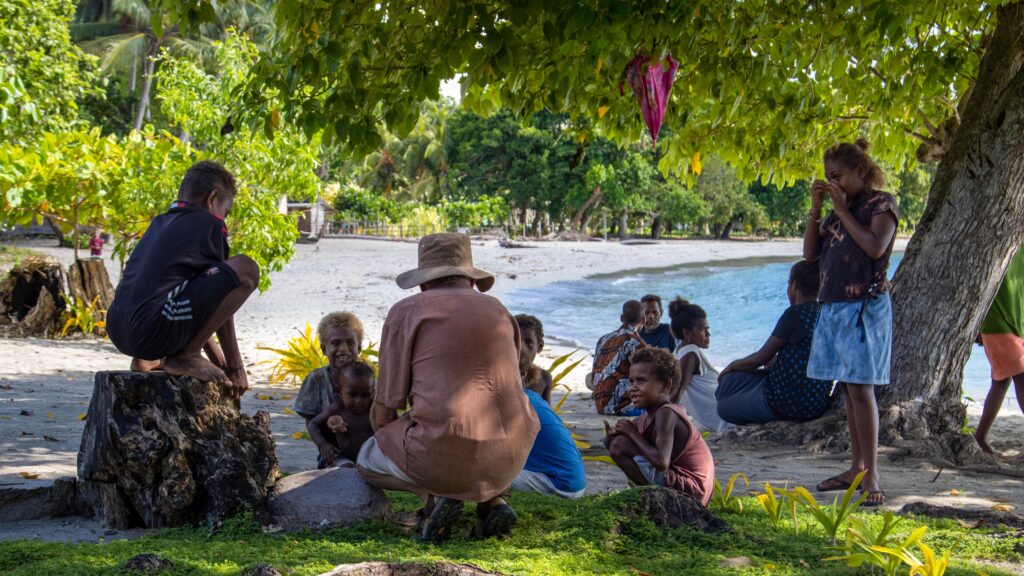Children born today will grow up in a world where old certainties no longer apply. The rapid onset of the multiple environmental crises that started with past generations means that they will face profound challenges that are unique in our history. To address these problems, it is critical that the United Nations recognizes the importance of youth voices and considers the interests of future generations – especially those representing Indigenous Peoples.
Many Indigenous youth feel this uncertainty even more acutely: they were born into a situation where their identity, culture, language, lands, and traditional knowledge have been threatened for generations and, in some cases, are on the brink of extinction. This makes it all the more fitting that the theme of this year’s International Day of the World’s Indigenous Peoples recognizes youth as agents of change for self-determination.
Already, we see this new generation make its mark. In Guatemala, Franciscans International supports young Indigenous activists who have taken a prominent role in preserving their sacred rivers – and with it, the livelihoods of their communities – from destruction by business activities. In some communities in the Solomon Islands, young people have steered their elders away from the temptation of profiting from logging contracts, instead opting for carbon credits to preserve the forest and generate income. These efforts deserve our support. However, we cannot look toward the future without learning from our past.
This year also marks the 500th anniversary of the arrival of the so-called ‘Franciscan Twelve’, a first group of missionaries requested by Hernán Cortés, in Mexico. In part, they laid the foundation for the sisters and brothers that now work to support people on the margins of society – be it those living in extreme poverty, experiencing displacement, or indeed Indigenous communities. However, we must also acknowledge and address the reality that some Franciscans were a part of the oppression and destruction that was inflicted on many Indigenous Peoples.
The apologies offered by Pope Francis in 2022 to the First Nations of Canada are part of important steps in this process. Another important symbolic reckoning with the past is his repudiation earlier this year of the ‘Doctrine of Discovery’, which for centuries allowed explorers to colonize and claim lands in the name of their sovereign if they were not populated by Christians enabling the exploitation of resources by foreign entities that, in some cases, continue to this day. In this vein, we must heed the Pope’s call to approach Indigenous Peoples “on tiptoes, respecting their history, their culture, and their style of good living,” as well as consider how to remedy these historic justices inflicted upon them.
At the United Nations, being part of this process includes reinforcing the autonomy of Indigenous Peoples and amplifying their voices, rather than speaking in their place. To this end, FI is supporting human rights defenders to engage with different UN mechanisms, for example to better protect their right to free, prior, and informed consent – a right that allows Indigenous Peoples to give or withhold consent to business project that may affect them, their lands, or their resources. Recently, we have also focused our work on the further implementation of the newly recognized right to a healthy environment, including through utilizing the traditional knowledge held by Indigenous Peoples as guardians of much of the world’s remaining biodiversity.
More broadly, this means further opening UN spaces for substantial and meaningful participation of young people, going beyond token discussions or appointments. The problems of the future are here: future generations must play a role in shaping the solutions. Armed with the lessons of the past, Indigenous youth can indeed be the agents of change that we need – it is up to us to be of service and help them fulfill this role.

